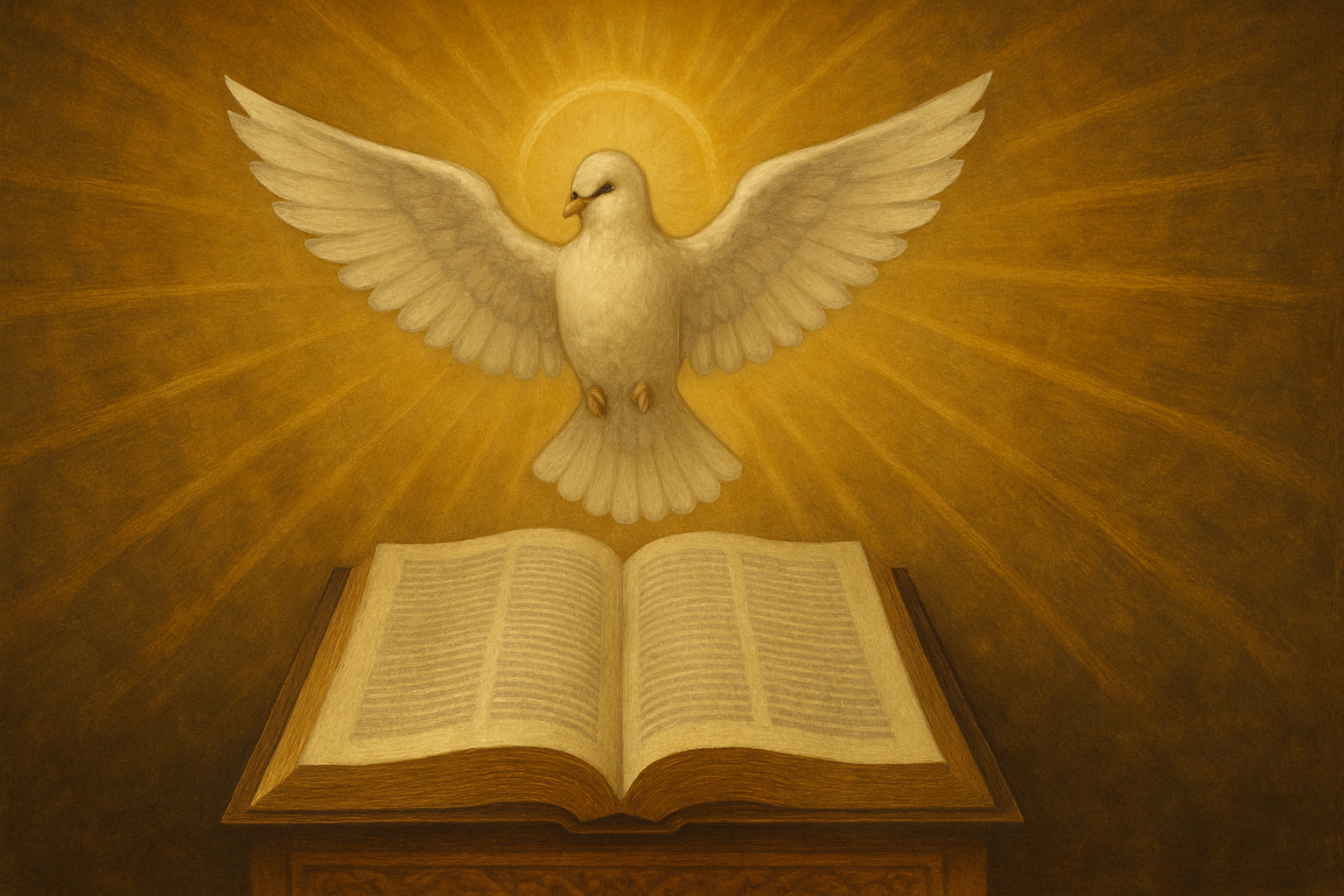The Epistle to the Hebrews offers biblical evidence that the Holy Spirit is both fully divine and a distinct person. Within the epistle, the author identifies the Spirit as “eternal,” presents the Spirit as speaking God’s words as recorded in Old Testament quotations, and yet also distinguishes the Spirit as a separate agent from the Father and the Son. This article examines several references to the Spirit in Hebrews and shows how the author’s depiction is consistent with the Trinitarian understanding of the Holy Spirit as fully God and personally distinct from both the Father and the Son.
The Law of Moses vs. the Law of Christ? (Galatians 6:2; 1 Corinthians 9:21)
The expression “law of Christ” appears only two times in the New Testament. In Galatians 6:2, Paul urges his readers to fulfill “the law of Christ” (τὸν νόμον τοῦ Χριστοῦ). Similarly, in 1 Corinthians 9:21, Paul states that he is “under/in the law of Christ” (ἔννομος Χριστοῦ). Traditionally, interpreters have frequently understood this expression to refer to a new “law” or ethic that supersedes the law of Moses. However, as Todd Wilson notes, there is a “growing scholarly consensus” that “law of Christ” directly refers to the law of Moses in some sense. This article makes a case for interpreting the phrase “law of Christ” in Galatians 6:2 and 1 Corinthians 9:21 as a reference to the law of Moses as it is taught and exemplified by Christ.
The Messiah's Preexistence and Divinity in Philippians 2:5-11
Does the Bible teach that Yeshua the Messiah is divine? Philippians 2:5-11 is a central text that speaks to this question. In this passage, Paul teaches that the Messiah existed as a divine figure prior to his human conception, bears the name YHWH, and is rightfully given the reverence and allegiance that belongs to YHWH alone.
Christ: Creator or Created?
Is Christ the Creator or was he created? The Trinity doctrine states that there is one God who exists eternally as Father, Son, and Holy Spirit. This article will demonstrate the biblical validity of this doctrine in regard to the Son. While Yeshua is fully man, the Bible teaches that he is also fully God.





